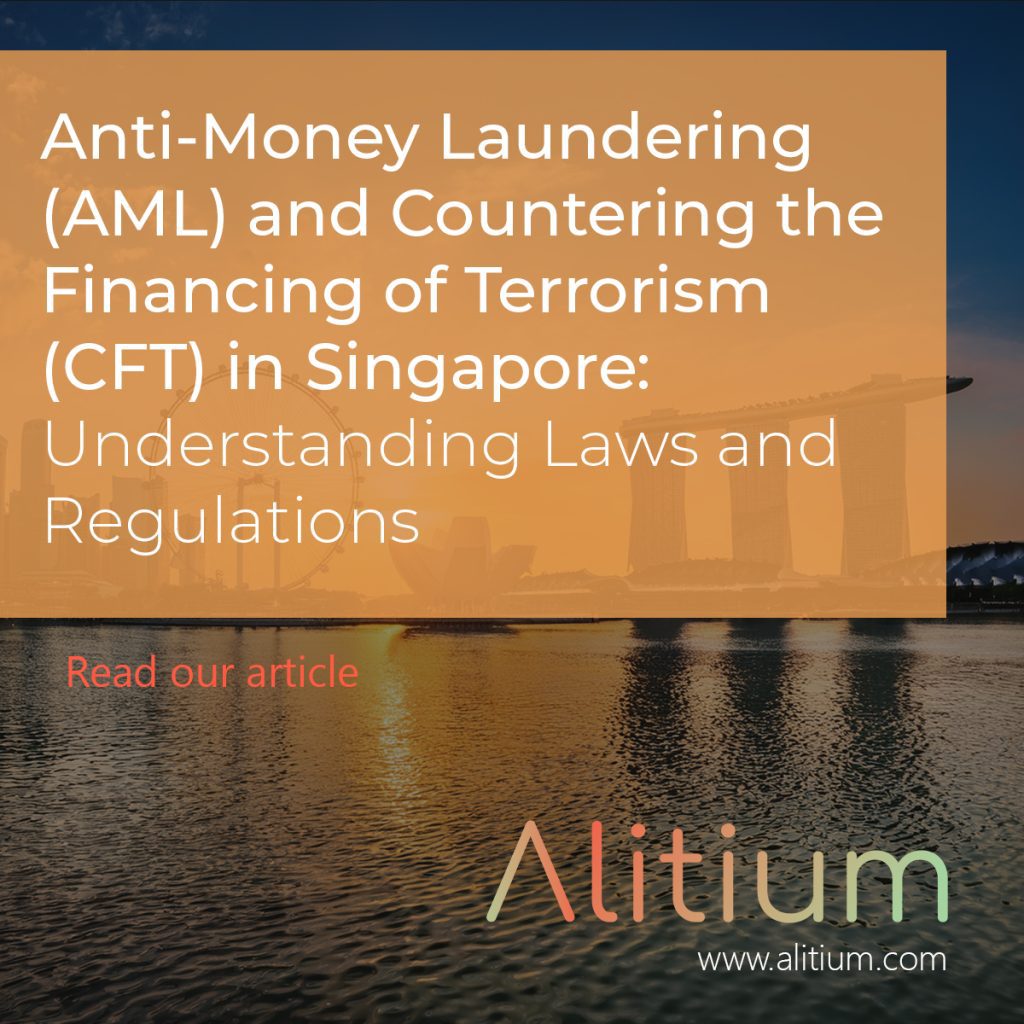Disclosure and Obligations of UBOs in Vietnam
The Law on Amending and Supplementing Certain Provisions of the Law on Enterprise (”the Amended Law”), was passed on 17 June 2025. The Amended Law for the first time mandates the disclosure of Ultimate Beneficial Ownership (“UBO”) information in company registrations. These regulations lay a solid foundation for enhancing company governance and compliance with international standards.
Let’s look at the impacts for UBO and action required for newly established, as well as existing companies now that this Amended Law has taken effect.
1. Who is a UBO?
According to Financial Action Task Force on Money Laundering (“FATF”), in the context of businesses, UBO refers to the natural person(s) who ultimately owns or controls a legal entity and/or the natural person on whose behalf a transaction is being conducted. It also includes those persons who exercise ultimate effective control over a legal person or arrangement (Guidance on Transparency and Beneficial Ownership, 2014). The FATF’s definition of an UBO emphasizes individuals, rather than legal entities, who truly own and exploit capital or assets of a company as well as those who directly exercise effective control, regardless of whether they hold official positions within the company or their names are listed on paper. However, it does not mandate a fixed percentage ownership, instead encouraging countries to adopt flexibility based on risk assessments, typically from 25%.
In Vietnam, UBO was first mentioned in Law on Anti-Money Laundering in 2022. Under Clause 7 Article 3, UBO is defined as “an individual who has actual ownership of one or more assets, has the authority to influence transactions for their benefit, or controls a legal entity or arrangement”.
The Amended Law stipulates that a UBO is an individual who actually owns the charter capital or exercises control over the company, except for certain cases involving state-owned companies. Additionally, the Draft Decree guiding the Law on Enterprises provides more detailed guidelines, defining the UBO of a legal entity as an individual who meets one of the following criteria:
- an individual who directly or indirectly holds 25% or more of the company’s charter capital;
- an individual who directly or indirectly owns 25% or more of the total shares corresponding to each type of share of the company; or
- an individual who ultimately has control over the company in matters such as:
+ Appointing, dismissing, or removing the majority or all members of the board of directors;
+ Appointing, dismissing, or removing the legal representative, director, or general director;
+ Amending or supplementing the company’s charter;
+ Addressing critical issues in the company’s business operations.
This definition not only reflects alignment with the FATF’s approach but also demonstrates consistency with Recommendation 24 (Guidance on Transparency and Beneficial Ownership, 2014), which suggests using an ownership threshold (such as 25%) to identify controlling shareholders.
Example for Legal Entity Organization Chart
|
Individual A |
Individual B |
Owns 80% Owns 20%
|
Company C |
Owns 100%
|
Company D |
In this case:
- Individual A owns 80% of Company C and indirectly controls 80% of Company D (since Company D is 100% owned by Company C). Therefore, Individual A is considered the UBO of Company D.
- Individual B owns only 20% of Company C, corresponding to a 20% indirect stake in Company D, which does not meet the threshold to be considered an
- Company C is listed as the “Company Owner” (legal owner) of Company D on paper, but in reality, Individual A is the ultimate controlling figure (UBO) behind Company D.
2. Obligations of Companies in Disclosing and Storing UBO Information
In addition to defining UBO, the Amended Law clearly stipulates the obligations of companies to disclose and store UBO information, including:
- Providing UBO information in the company registration applications for companies to be established (according to Clauses 7, 8, 9 of Article 1 of the Amended Law), and
- Updating UBO information concurrently with any submission for changes of company information for existing companies (according to Clause 12 of Article 1 of the Amended Law), and
- Collecting, updating, storing information about the beneficial owners of each company, and providing information upon request by competent authorities (according to Clause 2 Article 1 of the Amended Law).
According to Clause 11 Article 1 of the Amended Law, UBO information to be disclosed includes full name, date of birth, nationality, ethnicity, gender, contact address, ownership percentage or control rights, and personal legal documentation such as identity card or passport.
Any change to the UBO information as listed above must be notified to the Department of Finance within 10 days from the date of change.
3. Action Required
With the obligation to disclose UBO information according to the Amended Law outlined above, the companies must be aware of the following responsibilities:
Disclosure of UBO information:
For existing companies, there is no immediate requirement to declare UBO information, allowing them to continue operations. However, when updating company registration information (e.g., address, business lines, or charter capital), companies must integrate UBO information into the application.
For companies established after the Amended Law took effect, they are obligated to include UBO information in the initial company registration dossier, specifically within the UBO List, which is a mandatory document submitted during company formation.
Record of UBO information
According to regulations of the Amended Law, companies must promptly establish a process to collect, update and maintain accurate UBO information to ensure compliance with legal requirements and avoid penalties.
By proactively fulfilling these obligations, companies can ensure compliance with the new regulations, enhance transparency, and align with international standards, paving the way for a more robust and trustworthy business environment.
This update for UBO disclosures in the amended Law on Enterprises not only enhances transparency in corporate governance, but will also play a vital role in further combating money laundering in Vietnam and complying with FATF international standards. These changes bring tangible benefits to investors and the state, while creating a more transparent, safe, and attractive business environment. Effective implementation of these regulations will be a significant step forward, helping the country exit the Grey List and strengthen its international standing.
For any further questions you may have, please reach out to us at vietnam@alitium.com
********
This article is intended to provide an overview of recent updates and announcement. While it aims to present useful insights, it is important to note that the content shared here should not be considered as formal legal or financial advice. For specific guidance on tax obligations or legal matters related to your business, we strongly recommend consulting with a qualified professional, such as a tax advisor or legal expert or directly reach out to us.








